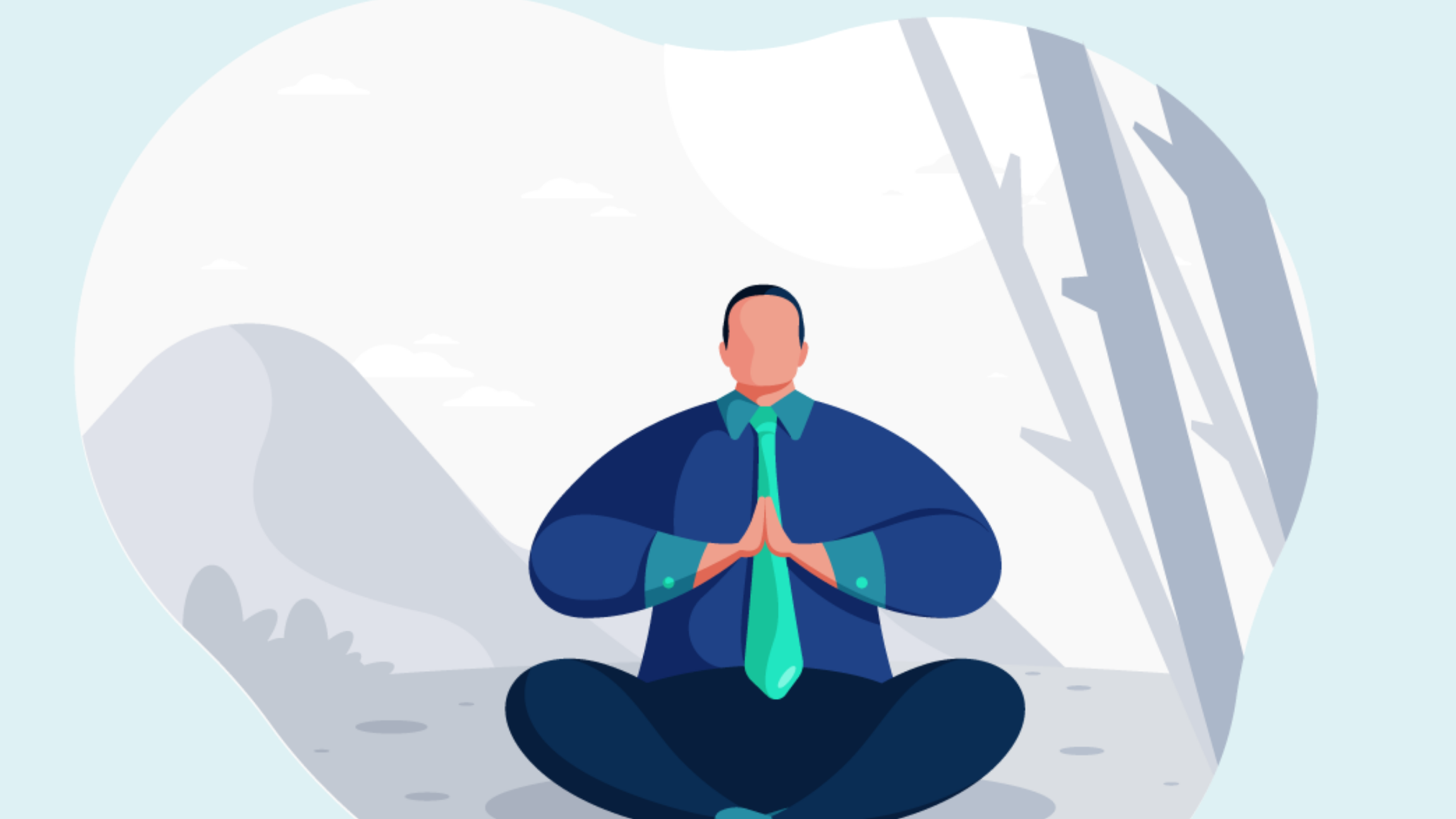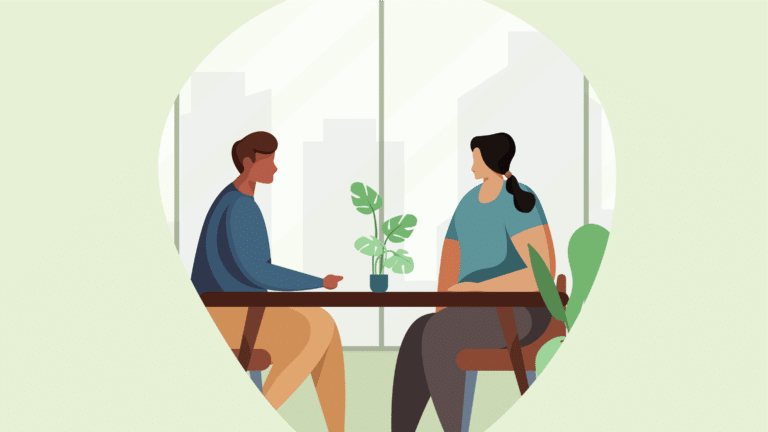Almost half of all employees in Germany have problems unwinding after work. The so-called Psychological Detachment – the ability to mentally detach from the job in the evening – is incredibly important for mental health.
How to Unwind
Research shows that those who are able to unwind and stop thinking about work are rewarded with better sleep, less fatigue, greater life satisfaction, and a higher sense of well-being. Fortunately, there are a lot of effective strategies to achieve this. Here, we give you seven tips to make it easier for you to unwind.
1. First Things First: Learn to Say No
Little word, big meaning: No. One of the most common reasons why we can’t clear our heads at night is that we simply have far too much to do. A researcher at Humboldt University Berlin found that an overwhelming workload is stress factor number one. Often this is due to the fact that superiors or colleagues demand too much of us. In general, this is not done out of ill will at all. Most of the time, the other party simply doesn’t know how busy we are.
In order to protect our health, we should learn to say no in such cases. We don’t have to feel bad or justify ourselves. Next time your favourite colleague asks you if you could take a “quick look” at their presentation, give it a try with a friendly “I’d love to help you, but unfortunately I can’t”.
2. Time for Friends and Hobbies
For many people, the solution to too much stress is to hit the sofa after work. This may sound obvious, but according to psychologists, it’s counterproductive. A study in the journal Applied Psychology warns of the vicious cycle between lack of drive after work and cancelling dates. Work psychologist and study author Lilian Gombert advises overcoming one’s inner weakness and engaging in leisure activities at the end of the day.
When we pursue our hobbies or meet up with friends after a hard day at the office, the job takes a back seat. By deliberately planning leisure time, the end of the working day is enhanced and it becomes easier to unwind.
💡 Read more: Why You Need Close Friendships (And How to Cultivate Them)
3. Back to Nature
Make it a habit to spend some time in the fresh air after work. It doesn’t have to be a sweaty jog. A leisurely stroll or a relaxing bike ride in the countryside can do just as much to clear your head and leave thoughts of work behind.
Studies show that just two hours a week in the fresh air – 17 minutes per day – is enough to improve physical and mental health and increase well-being. It’s even better to combine your daily dose of oxygen with a social activity. Grab a picnic blanket, call your friends, and meet in the park for a sundowner or barbecue.
4. After Work Rituals
The lack of boundaries between work and leisure often makes it difficult to unwind. Evening rituals are as simple as they are effective. As soon as you close your laptop or come home from the office, for example, you could treat yourself to a long shower. Listen to a podcast or sing along to your favourite songs while the water flows over your body, literally washing away the stress of work.
By the way: A warm shower in the evening can also help relieve tension from sitting at the desk for a long time and help you fall asleep better.
💤 Learn more: How To Sleep Well Even If You’re Stressed
5. Relax Your Mind
Relaxation practices, such as yoga, can help when thoughts are keeping your mind busy. Australian researchers found that the combination of asanas (posture exercises) and pranayama (breathing techniques) reduces stress and helps us find our inner centre again.
Techniques such as meditation or mindfulness are also very helpful. Numerous studies show that mindfulness leads to better mental health and greater well-being. For beginners, guided mindfulness meditations are especially recommended, as they can help you leave thoughts of your work behind.
By the way: Together with psychologist Pia Linden, we have recorded a 5-minute mindfulness meditation that you can do from anywhere.
6. Spatial Separation
Unwinding can be even more difficult when work and leisure time take place in the same space. If you work from home, you should definitely separate home and home office. Ideally, this should be a dedicated study with a door that you can close at the end of the day. If that’s not possible, however, just getting your work documents out of sight can help. Store your laptop and notes in a drawer in the evening, tidy up your desk, open the windows and go for a walk (see point 3!). When you come back, your home often feels much more like home than an office.
Another support strategy is fixed working hours, which the home office should not change. Some people also like to get ready for work at home just like they would for the office and then change back into comfortable clothes after work.
7. Professional Help
You tried everything but didn’t succeed? If we notice that we are not getting anywhere on our own at any point, we should seek professional support. This is as normal and natural as going to the doctor when you have the flu. You can book a consultation with our psychologists today.





